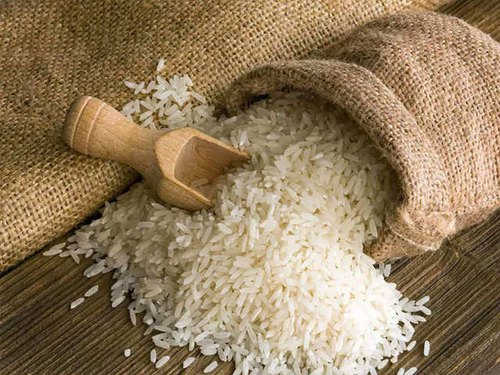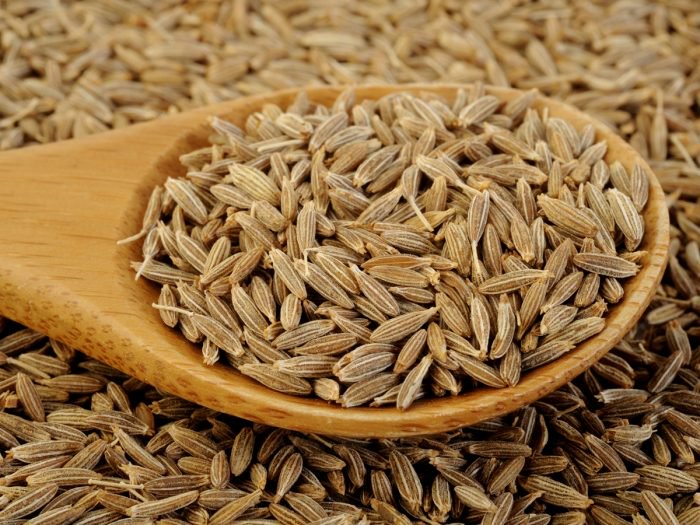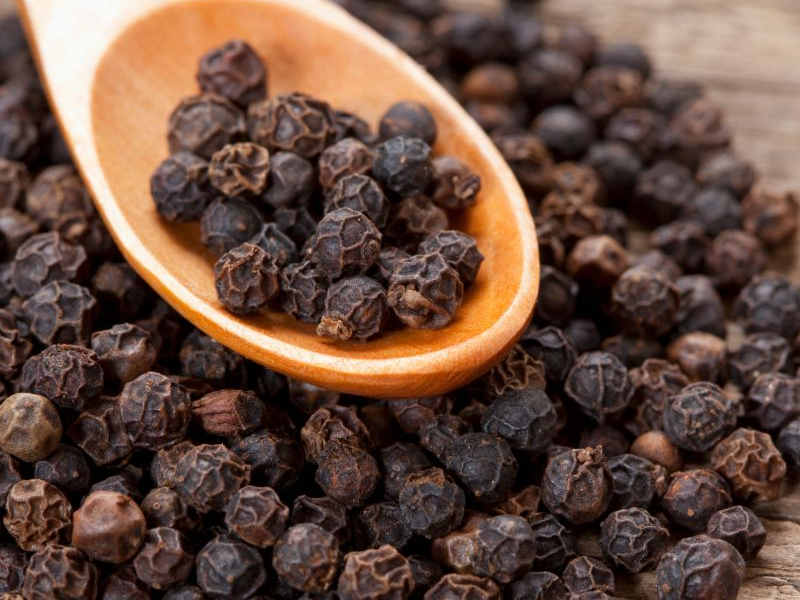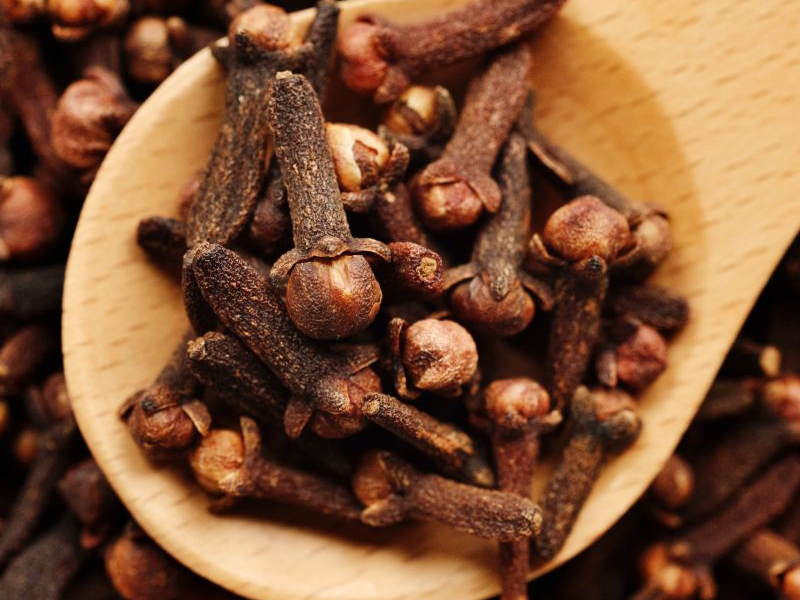Spices Exporters In India
How is sustainability important for the spice manufacturers and farmers of India alike?
What makes agriculture industry an interesting one, is the fact that it’s among the ones that are on the verge of being technologically adapted. One of the major reasons for doing so, isn’t the spice manufacturers, or the farmers, but the farming conditions themselves. It is a known fact that farming is restricted by multiple factors that can’t be controlled manually. That’s why, focus on automation has been increased significantly, so that modern farming can be controlled by predictive analysis, which can encourage sustainable farming in the future.
Speaking of sustainable agriculture, it’s a point of concern not only for India, but the world. And so, adequate technology advancements and integrations are made to meet any deficiency of any kind. One of the major concerns for sustainability is the growing global population, and its need for food.
Today, with the help of spice manufacturers and other professionals, we’re able to benefit from the available land for both home and food. But if we don’t keep our practices at check, there won’t be any land left for either farming, or living. This stands true for everything that’s grown naturally and traditionally.

Significance of sustainability in modern spice farming practices
India, being the biggest producer of spices in the world, manages to maintain its reputation, even with its enormous consumption of the same. When the spice manufacturers export the big four spices, chilli, turmeric, cumin, coriander, from the country, they’re catering to the global demand.
That being said, it’s important to check the regulation of the entire spice food chain, so that none of the destinations find any additives, and harmful pesticides in the spices. This makes food traceability one of the most important responsibilities of spice manufacturers in India.
There are other important reasons that impeccably showcase how important sustainability is for spice farming in India:
- As the market share of Indian spices grow rapidly with each passing year, checking soil health, and reducing water wastage are at the top of the priority list.
- Eliminating pesticide residue promisingly ensures improved profitability of spice manufacturers and the enhances the income of the farmers as well.
- An improved biodiversity, helps improve the quality of the spices produced and exported.
Notable effort for sustainable spice farming practice in India

The Indian spice market is aware of the eco-friendly trends in the farming industry, and so, it entertains IDH’s Sustainable Spices Initiative that promotes intercropping and agroforestry to better improve the soil quality and biodiversity.

Initiatives like Good Agricultural Practices (GAP) for spices have helped the farmers significantly in many ways. Not only do they improve the crop yield of the most exported spices from India, but they also improve the overall spice supply chain and its transparency.

With initiatives like these in place, the product quality improves and makes it easy for the spice manufacturers to get hold of the market, and increase the size as it always has been. In conclusion, the bottom line, is that sustainability in the farming industry, is key to a better future.
Every nation embraces sustainability according to it’s needs, which makes India focus on its spice production.
Address:
C-49, Ground Floor, C Block, Sector 10, Noida, Uttar Pradesh 201301
Phone:
+91 989 960 3412
Email:
sales@trade-pros.org
Thank you for getting in touch!
One of our colleagues will get back to you shortly.
Have a great day!
